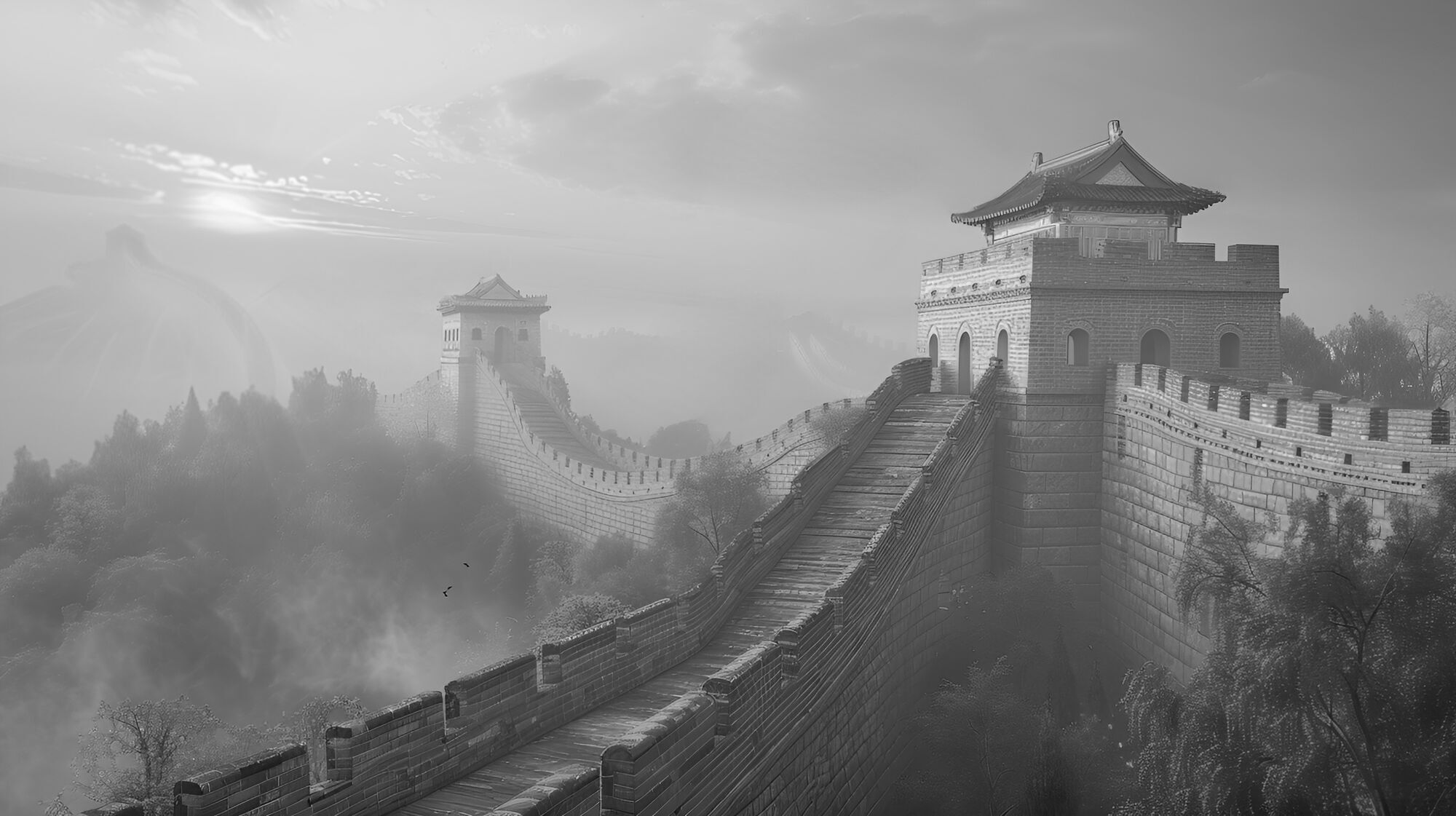News
How the phrase "the last Chinese warning" became popular in the USSR: what it means
History has created many interesting phrases and phrases that have become part of the culture over time. For example, in the Soviet Union, the expression "the last Chinese warning" quickly gained popularity among citizens.
Even today, members of the older generation can still hear this phrase. Read about the origin of this expression in the OBOZ.UA article.
The phrase "the last Chinese warning" comes from a time when international relations were tense and diplomacy sometimes turned into a series of threats and arguments.
Historical context
After the Second World War, in 1949, a revolution took place in China, as a result of which the Communists under the leadership of Mao Zedong came to power on the mainland. Nationalists, including their leader Chiang Kai-shek, moved to the island of Taiwan.
In the 1950s, relations between the United States and the new Republic of China were particularly tense, as the Americans supported Taiwan as an independent state and deployed their military forces in the region.
Due to the constant activity of US aircraft near Chinese airspace, China often sent diplomatic notes and official protests that contained warnings about border violations. There were hundreds of such warnings, often called "last warnings," but they rarely led to real consequences.
"The last Chinese warning" in the USSR
This phrase quickly migrated into Soviet folklore through the media and became a sarcastic symbol of frivolous or ineffective threats. For the citizens of the USSR, the phrase "the last Chinese warning" was a kind of joke, meaning vain or empty threats without real consequences that no one takes seriously.
Subscribe to the OBOZ.UA channels in Telegram and Viber to keep up with the latest events.




























